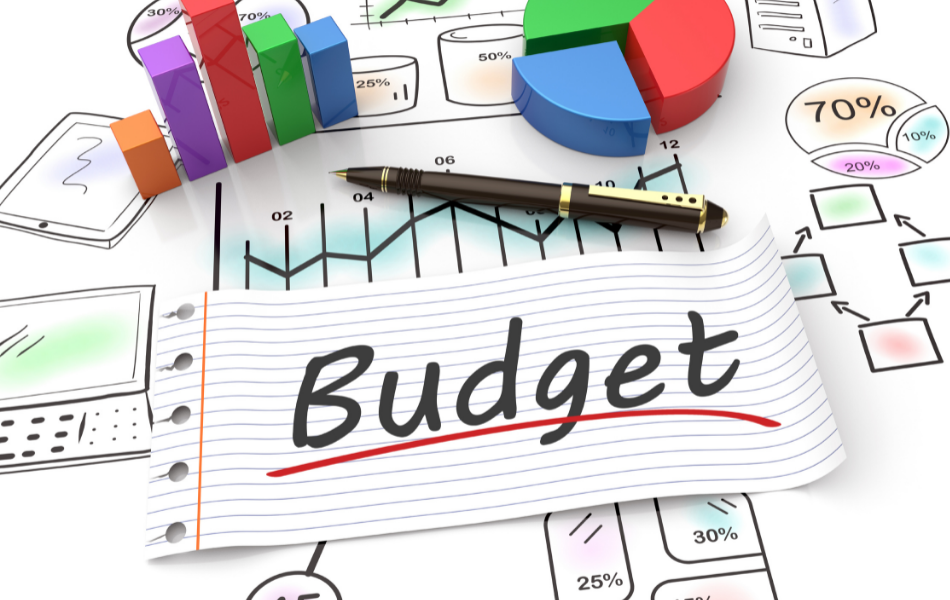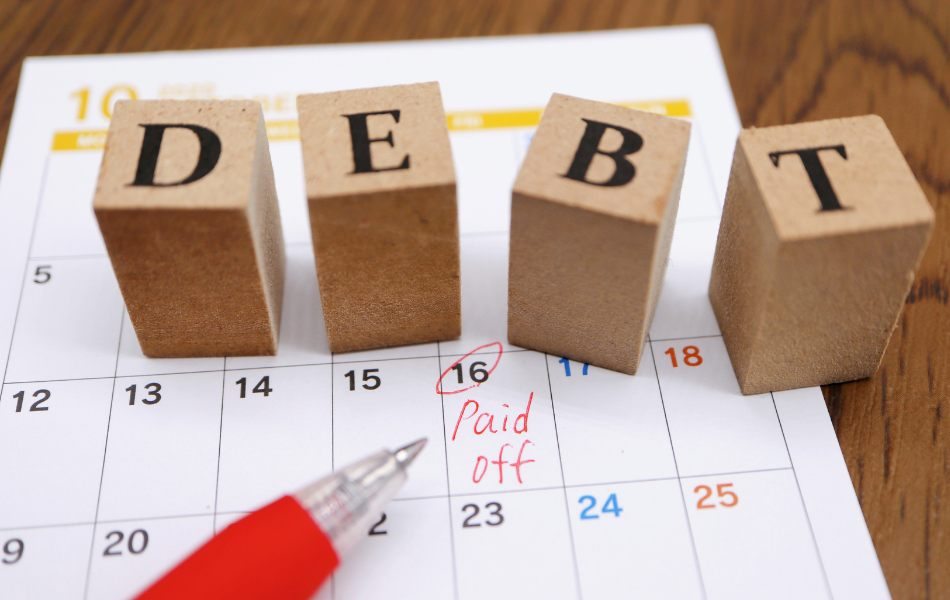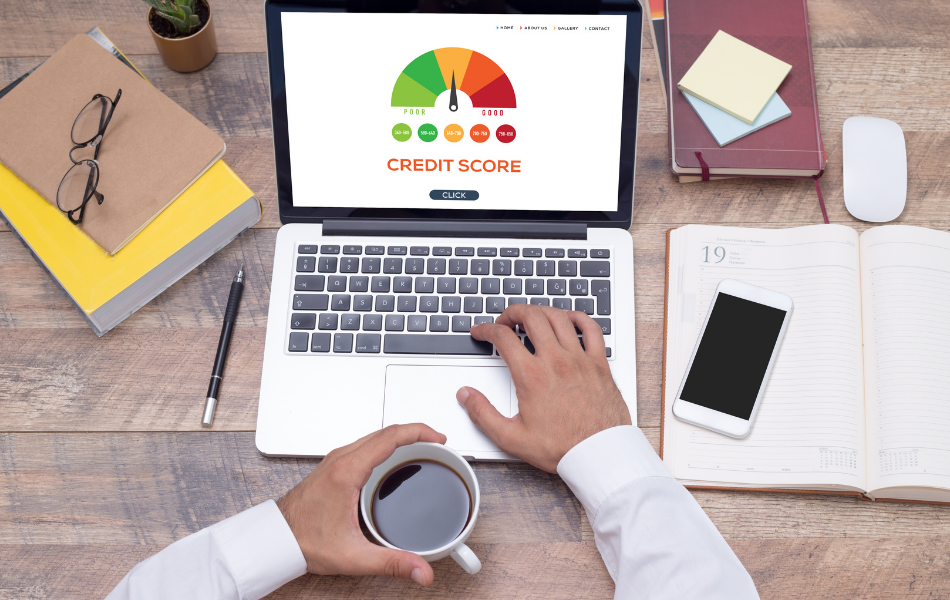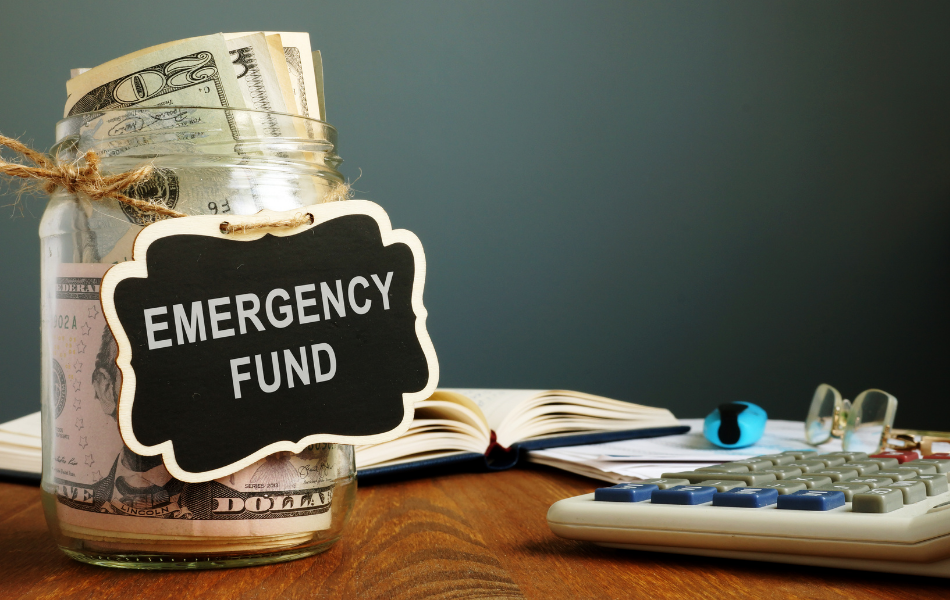8 Ways to Jump-Start Your Financial Resolutions
Updated: December 5, 2024
The new year is approaching quickly! At Launch, we’re constantly thinking about how we can support our members in improving their financial well-being, particularly as the new year begins. One in three Americans plan to make finance-related resolutions. To help you kick-start your financial goals, we’ve outlined a few simple steps to help you stay on track with your financial resolutions.
1. Identify Your Financial Goals
Do you see yourself owning a new home, car, or boat? Perhaps you’re focused on reducing debt or saving for your children’s college education? Or maybe you have personal goals, like going back to school to further your career. Whatever your financial aspirations may be, they are unique to you. It’s essential to clearly define your goals, so you can create a plan that aligns with your specific needs. By identifying what truly matters to you, you can stay motivated and make strategic decisions to turn your financial dreams into reality.
Did You Know?
As a valued member of Launch CU, you can access free financial counseling, guidance, and educational resources through our partnership with GreenPath Financial Wellness. You can call them at 877-337-3399 to help you come up with a free plan to help make your financial goals happen.


2. Track Your Money
This is a crucial first step in creating an effective budget. Take the time to thoroughly review your bank and credit card statements to get a clear picture of where your money is going. By carefully tracking your expenses, you can identify areas where you might be overspending or where small, often unnoticed expenses may add up over time. Look at the specific amounts you are spending in key categories like groceries, gas, bills, entertainment, and more. By getting a better understanding of your spending habits, you can set realistic spending goals for the new year.
3. Create A Budget
Once you’ve tracked your spending habits, you’re ready to create a budget. There are several ways to approach this, but a good starting point is to make a list of all your monthly expenses, such as bills, groceries, gas, and more. Next, categorize these expenses into fixed (steady, predictable costs) and variable (fluctuating costs). Once you’ve categorized everything, compare your total expenses to your income to see where adjustments may be needed. For a detailed, step-by-step guide on how to create a budget, check out The Balance. Additionally, Launch offers a range of helpful financial calculators to assist with budgeting decisions. These tools can help you determine if refinancing a loan is right for you, plan how to save for a big purchase, or assess how long your retirement savings will last.


4. Pay Off Debt
A major financial goal for many people is reducing personal debt. There are several effective strategies for paying down debt, including the “avalanche” and “snowball” methods. The avalanche method focuses on making extra payments towards high-interest loans first, which can save you money over time. In contrast, the snowball method targets smaller debts first, providing quick wins to build momentum. Refinancing is another powerful tool for debt reduction, especially if you’re struggling with high-interest rates. Additionally, a balance transfer can help by moving a high-interest balance from one credit card to a card with a lower rate. Launch offers free balance transfers when you become a Launch VISA Platinum credit cardholder, providing a great opportunity to reduce your interest payments and pay down your debt more efficiently.
5. Improve Your Credit Score


6. Automate Payments
Now that you have a budget, it’s time to automate your monthly payments. This way, you make on-time payments while improving your credit score. If you’re a Launch member, we offer a BillPayer service through our Digital Banking Suite. You can also set up recurring transfers and loan payments.
7. Start An Emergency Fund
You never know when disaster will strike, so be prepared. Experts suggest keeping between three and six months’ worth of expenses in your emergency fund. You can start setting aside funds weekly, monthly, or bi-monthly depending on your budget. A quick way to start is by setting aside your tax return funds. It may seem difficult to set aside extra money, but we have tips to help you get started.


8. Financial Education
American businessman and author, Robert Kiyosaki, said it best: “Financial freedom is freedom from fear.” If you have questions about achieving your financial goals this year, stop by any of our Launch branches, call us, or visit our website.


